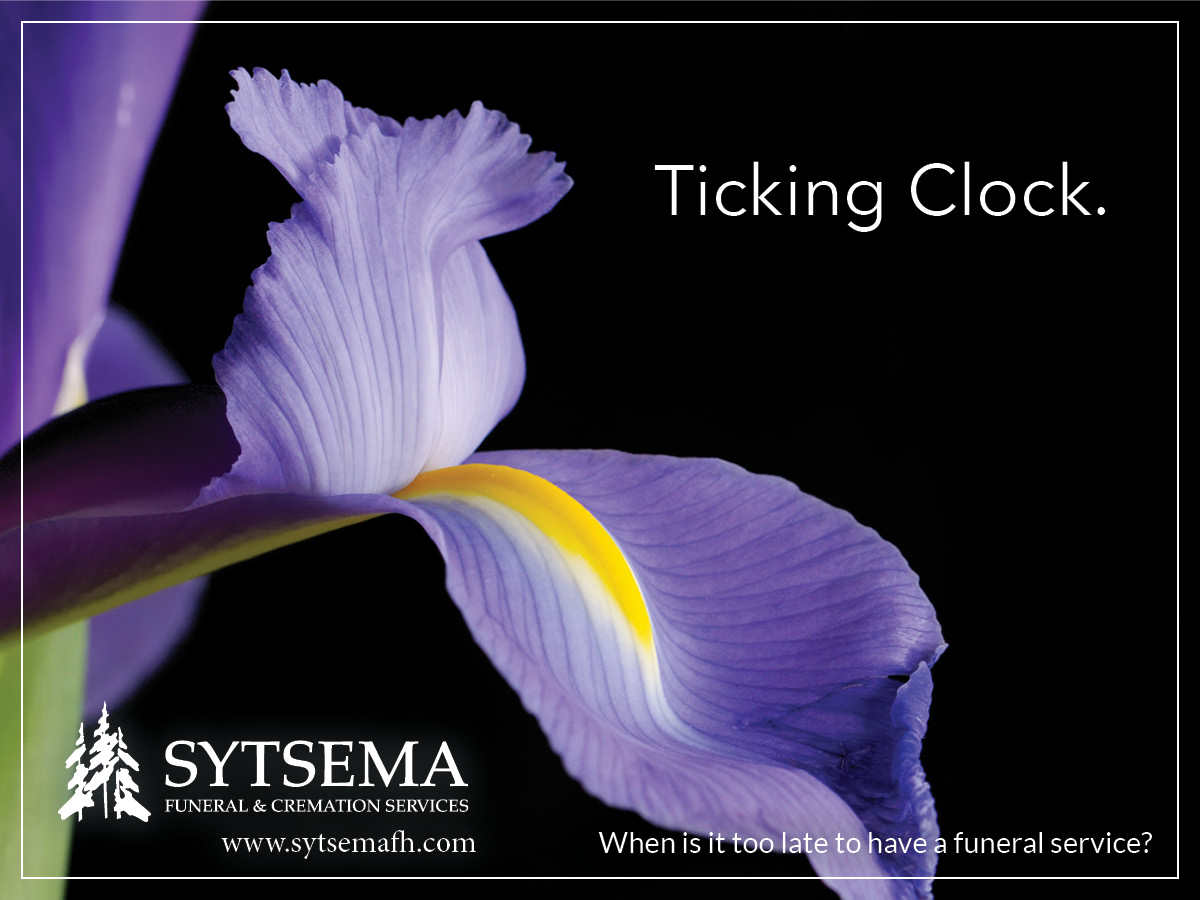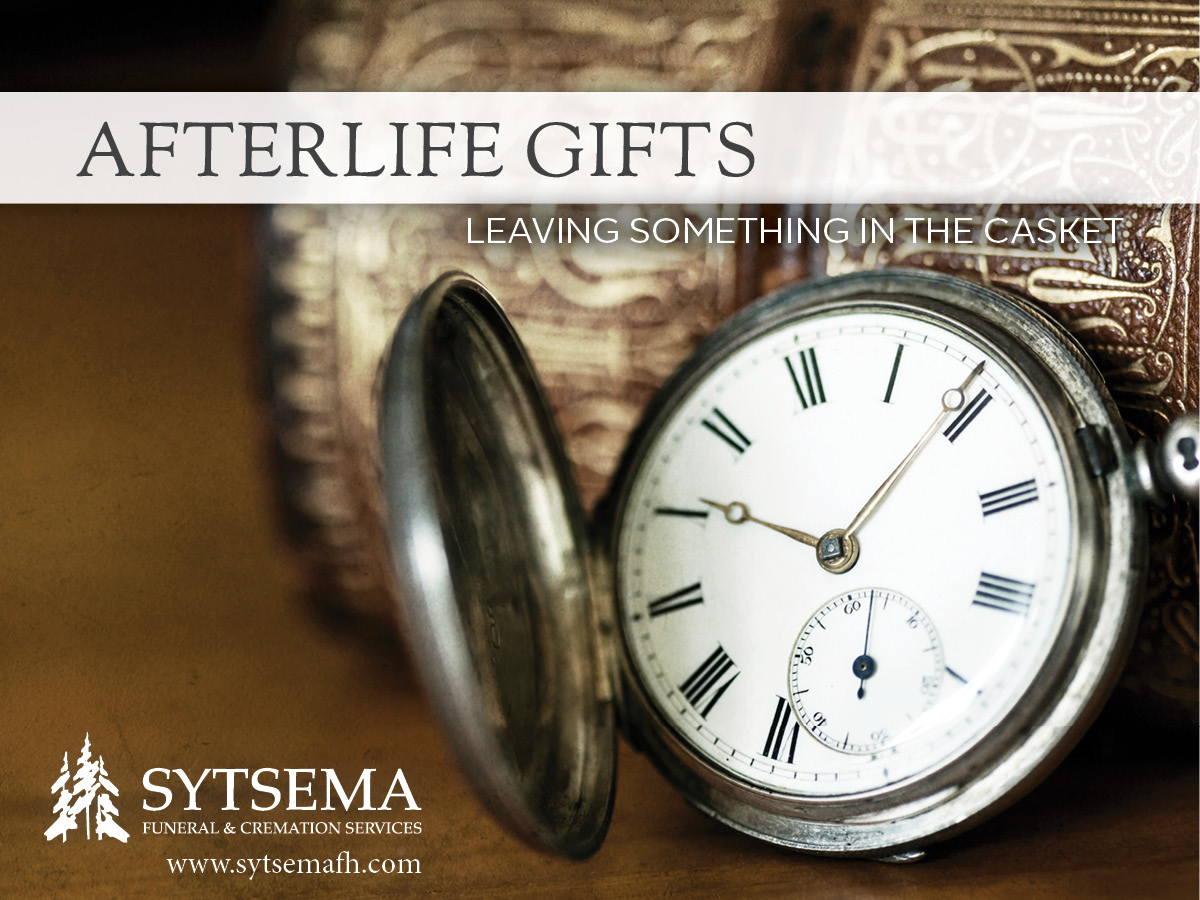The amount of time that has passed since the death should not be the deciding factor when considering scheduling a service of remembrance for someone you loved. Especially now, when so many people have been required to postpone or eliminate celebrating a loved one’s life because of the pandemic. Instead of time, let your feelings be the deciding factor.
Many people are feeling off-kilter, just not right, about not having a funeral service for a family member. A funeral, celebration of life, or memorial service does not provide “closure”, there is still grief, but it does provide a very important milestone. The service is a public acknowledgement of the loss of someone dear. It is a pivot point. It is that moment in time when those who are grieving change their focus from the cause of death to remembering the life that was lived and the love that was shared. When we do not hold that milestone event, when we are not able, we feel unbalanced. It’s as though we have left something important undone. That feeling is what should drive us to do something regardless of the number of days, weeks, months, or years. It’s never too late to remember and honor the relationship with a person you loved and lost.
So, what can you do? You can call your funeral director and ask for ideas or help with execution of the ideas you and your family are already considering. Perhaps, the eulogy, more than any other aspect of a funeral, memorial service, or life celebration, is a key point. Think about how and where you want to eulogize your loved one. You may choose an informal venue, a faith-based venue, a club the deceased belonged to, or a restaurant where they liked to break bread.
You may choose to schedule the remembrance service on the anniversary of the death. Or you may choose the deceased’s birthday, or her favorite holiday, or even a day when his favorite team has a big game scheduled.
Although there is nothing quite like an in-person gathering where folks can talk, cry, and hug each other, sometimes that just isn’t possible. If you find yourself feeling that something is missing, get creative. Find a way to share your memories. Write that eulogy, mail it, post it, or Zoom it. Share it with others who were close to the person who died.





